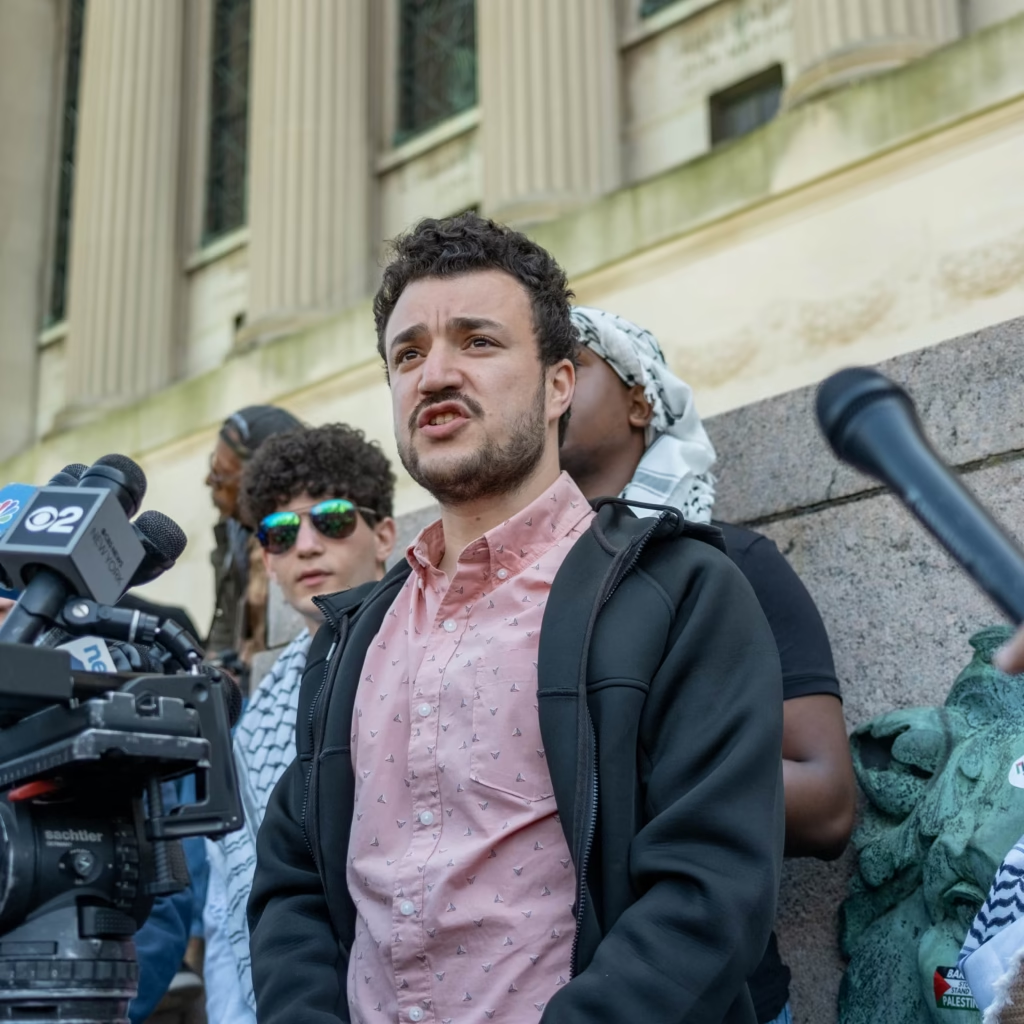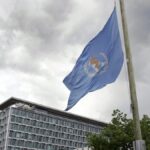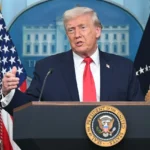
Introduction
The recent arrest of Mahmoud Khalil, a pro-Palestinian student activist at Columbia University, has ignited discussions on political freedom, civil rights, and U.S. immigration policies. Khalil, a Palestinian refugee raised in Syria, was detained by U.S. Immigration and Customs Enforcement (ICE) after President Donald Trump’s administration vowed to take action against foreign students participating in pro-Palestinian demonstrations.
Background on Mahmoud Khalil’s Activism
Khalil, a graduate student at Columbia University’s School of International and Public Affairs, played a crucial role in campus protests against the Israel-Gaza conflict. As a negotiator between students and university officials, he became a prominent figure in the movement. His arrest has raised concerns over the government’s stance on student activism and political expression.
Details of the Arrest
According to the Department of Homeland Security (DHS), Khalil was arrested on Sunday at his university residence. Officials allege that his activities aligned with the Palestinian group Hamas, though no evidence has been presented to suggest he provided material support to any designated terrorist organization. Legal experts argue that U.S. law prohibits providing material support to such groups, but engaging in protests does not necessarily constitute a violation.
Legal and Political Implications
Khalil’s legal status at the time of his arrest was that of a green card holder. His wife, a U.S. citizen, is currently eight months pregnant, further complicating the situation. His attorney, Amy Greer, reported that ICE agents informed Khalil’s wife they were revoking his residency but did not clarify whether he was charged with a crime. Civil rights organizations have condemned the arrest, viewing it as a suppression of political speech.
Reaction from Government Officials
The Trump administration has taken a firm stance against pro-Palestinian protests, labeling them as antisemitic and a national security concern. Secretary of State Marco Rubio emphasized that visa and green card revocations would continue for those supporting Hamas. Additionally, federal funding of approximately $400 million to Columbia University was rescinded due to allegations of antisemitism on campus.
University Response and Campus Climate
Columbia University has acknowledged reports of ICE presence near campus but reaffirmed that law enforcement requires judicial warrants to access non-public university areas. Student organizations, including the Student Workers of Columbia (SWC), have condemned the arrest and accused the administration of targeting activists.
Broader Implications
The arrest of Mahmoud Khalil sets a precedent for how the U.S. government may respond to student-led political movements. While the administration claims to be combating extremism, critics argue this move suppresses free speech and academic freedom. As protests continue across university campuses, the case of Khalil remains a focal point in the larger debate over civil rights and immigration policies in the U.S.
Conclusion
Khalil’s arrest raises pressing questions about the balance between national security and the protection of political activism. The coming weeks will determine whether legal challenges can prevent further crackdowns on student activists and whether universities will stand firm in defending their students’ rights. The outcome of this case may have lasting effects on student movements and civil liberties in the United States.


Author Profile
- Syed Tahir Abbas is a Master's student at Southwest University, Chongqing, specializing in international relations and sustainable development. His research focuses on U.S.-China diplomacy, global geopolitics, and the role of education in shaping international policies. Syed has contributed to academic discussions on political dynamics, economic growth, and sustainable energy, aiming to offer fresh insights into global affairs.
Latest entries
 U.S. Foreign PolicyFebruary 2, 2026AI and Grand Strategy: The Case for Restraint – Navigating the Future of American Power
U.S. Foreign PolicyFebruary 2, 2026AI and Grand Strategy: The Case for Restraint – Navigating the Future of American Power National SecurityJanuary 31, 2026Treating China’s Connected Energy Systems as a National Security Risk
National SecurityJanuary 31, 2026Treating China’s Connected Energy Systems as a National Security Risk Global HealthJanuary 29, 2026The Future of the WHO—and How the United States Can Shape It
Global HealthJanuary 29, 2026The Future of the WHO—and How the United States Can Shape It Global TradeJanuary 22, 2026Trump Cancels Tariffs on European Nations Over Greenland Pursuit?
Global TradeJanuary 22, 2026Trump Cancels Tariffs on European Nations Over Greenland Pursuit?



10 comments
Hello.This post was extremely remarkable, particularly because I was browsing for thoughts on this issue last Thursday.
Hello! I could have sworn I’ve been to this blog before but after browsing through some of the post I realized it’s new to me. Anyways, I’m definitely happy I found it and I’ll be book-marking and checking back frequently!
I’ve been exploring for a bit for any high-quality articles or weblog posts on this sort of area . Exploring in Yahoo I finally stumbled upon this website. Studying this information So i am glad to show that I have a very good uncanny feeling I found out just what I needed. I so much indubitably will make certain to don’t put out of your mind this web site and provides it a glance regularly.
Very efficiently written article. It will be supportive to anybody who utilizes it, including yours truly :). Keep up the good work – looking forward to more posts.
I like this web site because so much useful stuff on here : D.
Very interesting topic, thank you for posting.
Incredible! This blog looks just like my old one! It’s on a totally different topic but it has pretty much the same layout and design. Great choice of colors!
Hey there, I think your website might be having browser compatibility issues. When I look at your website in Ie, it looks fine but when opening in Internet Explorer, it has some overlapping. I just wanted to give you a quick heads up! Other then that, superb blog!
I am often to blogging and i really appreciate your content. The article has really peaks my interest. I am going to bookmark your site and keep checking for new information.
Hey, you used to write excellent, but the last few posts have been kinda boring?K I miss your tremendous writings. Past several posts are just a bit out of track! come on!